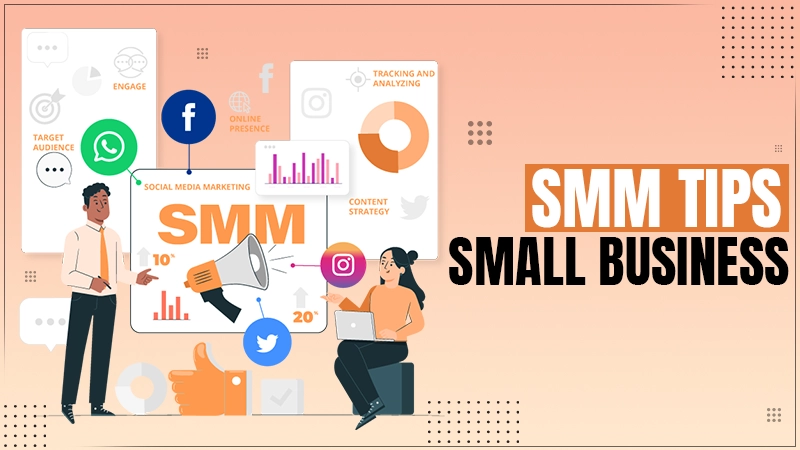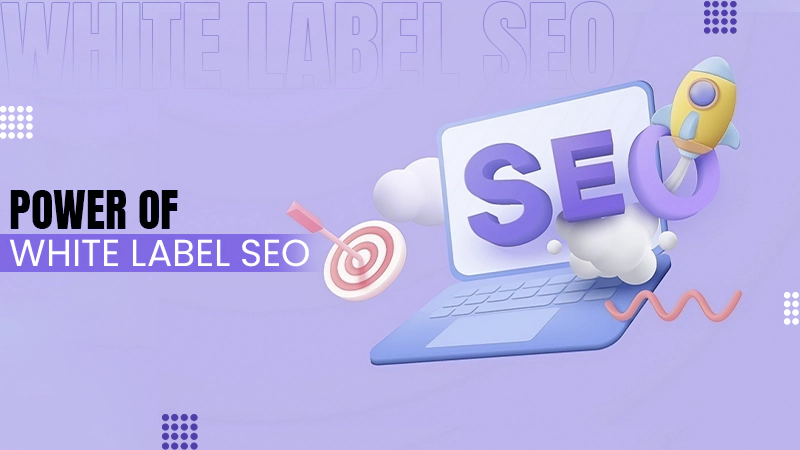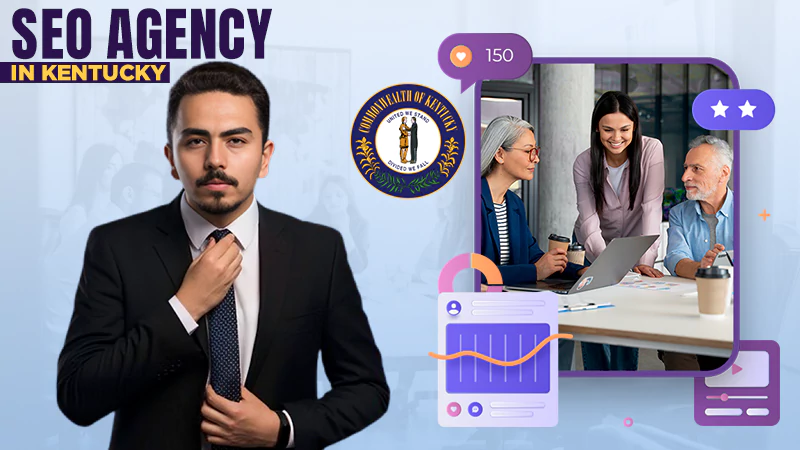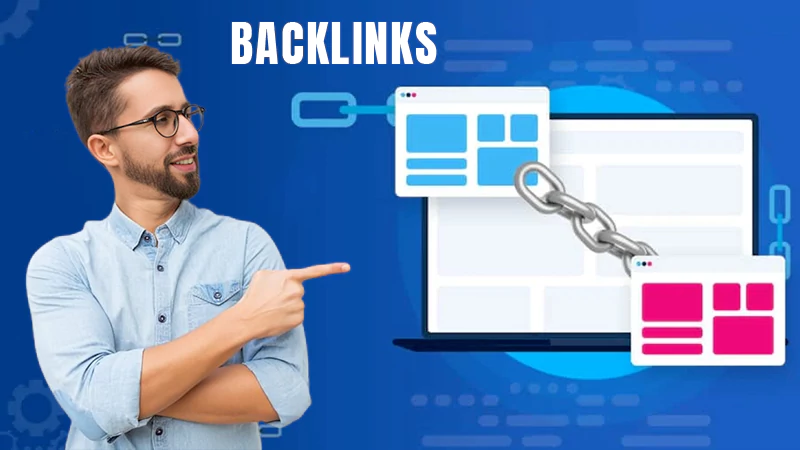Recognition from Afar: Strategies to Keep Your Remote Marketing Team Thriving
In the era of remote work, one of the greatest challenges facing marketing managers is managing and motivating their teams from afar. It’s paramount to recognize the contributions of distant workers and fuel their morale to maintain productivity.
Beyond the traditional methods of motivation and recognition, the virtual setting demands innovative strategies backed by robust digital tools.
This article will explore some of the key strategies and tools that marketing managers can leverage to drive their teams, recognize their efforts, and foster a productive remote working environment.
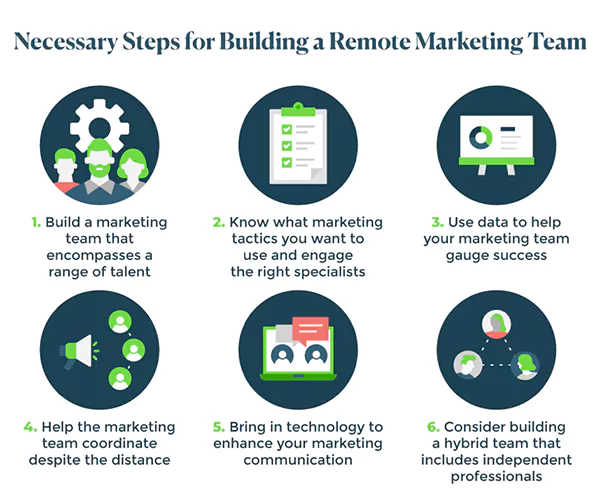
Regular Check-ins

Regular check-ins are a vital communication strategy in managing distant marketing teams. These can be scheduled daily or weekly, depending on the nature and volume of the tasks at hand. During these check-ins, managers can discuss the progress of assigned tasks, address any issues or concerns, and provide necessary guidance.
This ensures that everyone is on the same page, fostering a sense of unity and collaboration. The use of digital tools like Zoom or Microsoft Teams for these check-ins can further enhance the efficiency and effectiveness of the communication.
Regular check-ins not only keep the workflow streamlined but also provide an opportunity for team members to share their ideas and feedback, thereby promoting a truly inclusive work environment.
Virtual Recognition Programs

Virtual recognition programs are a powerful tool in maintaining morale and productivity among remote marketing teams. These programs, facilitated by digital platforms, allow managers to publicly acknowledge the hard work and achievements of their group members.
This could be as simple as a shout-out during a video conference call or a dedicated post on a group chat platform. Formal recognition can also be incorporated in the form of awards or certificates, which can be emailed or shared on professional networking platforms such as LinkedIn.
The employee engagement survey platform TerryBerry is a great example of an all-in-one recognition platform that offers customizable features like e-cards, virtual awards, and nomination options. Such programs provide a tangible way to celebrate employee milestones and foster team spirit.
Performance-Based Incentives

Performance-based incentives serve as a compelling motivation for members to enhance their productivity and performance. These incentives could be monetary, such as bonuses or raises, or non-monetary, like additional vacation days or flexible working hours.
The crux of performance-based incentives lies in the direct correlation between an employee’s output and reward. This strategy not only stimulates a competitive environment within the team but also enables individuals to understand the tangible benefits of their efforts. Moreover, it helps identify high-performers and potential leaders within the team.
Continuous Learning Programs

Continuous Learning Programs are a potent means of fostering professional growth within your remote marketing team. By encouraging employees to engage in online courses and certifications, you not only contribute to their skill enhancement but also drive their motivation and job satisfaction.
Platforms like Coursera, LinkedIn Learning, or Udemy offer a wide array of online courses that can be tailored to meet the specific needs of your advertising team. Also, consider establishing a learning management system (LMS) that provides access to various learning assets and enables tracking of individual progress.
Recognizing and rewarding employees who complete these courses can also serve as an incentive, reinforcing the culture of continuous learning and self-improvement. Through such programs, companies can ensure their teams stay updated with the latest marketing trends and technologies, leading to improved performance and productivity.
Did You Know?
80% of the employees would be more loyal to their company if they had flexible work hours.
Flexible Work Hours
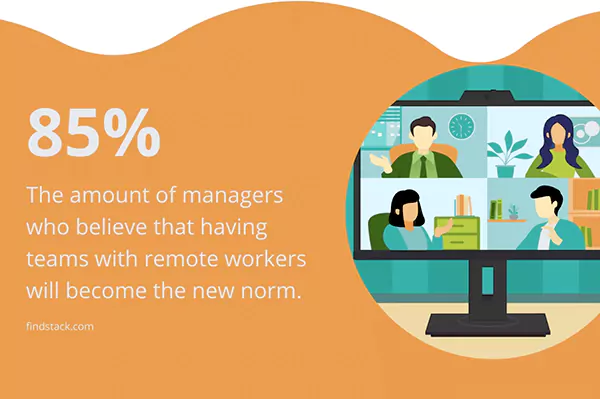
Flexible work hours are a key aspect of managing remote advertising teams, recognizing the challenges of working from home and promoting work-life balance. Unlike traditional office environments, working from home often blurs professional and personal life boundaries.
By offering flexibility in working hours, managers can accommodate different work styles and personal circumstances, such as childcare responsibilities or timezone differences. This approach respects personal boundaries and leads to increased job satisfaction and productivity as employees can work at their optimal times.
Virtual Team Building Activities

Virtual team-building activities provide an engaging platform for remote marketing teams to connect and collaborate outside the work context. These activities, designed to foster camaraderie and a sense of belonging, can play a pivotal role in boosting morale and team spirit.
From escape rooms and online quiz contests to shared cooking experiences or group fitness challenges, many options are available. Utilizing digital tools like Slack or Zoom, these activities can be easily organized and executed, providing a fun and interactive break from the daily work routine.
Moreover, they help break the monotony of remote work, allowing members to interact in a relaxed and informal setting, consequently strengthening interpersonal relationships and enhancing team cohesion.
Mental Health Initiatives

Mental health initiatives play a vital role in maintaining a balanced and productive work environment, particularly in remote work. These initiatives can encompass a range of strategies, from organization-wide awareness campaigns to one-on-one counseling services.
Encouraging open conversations about mental health can help to destigmatize these issues, ensuring that employees feel comfortable seeking help when needed.
Also, companies can provide resources such as mindfulness apps, virtual yoga classes, or mental health days off to promote stress management.
Final Thoughts
Managing remote marketing teams is a complex task that requires novel strategies tailored to the virtual environment. With the advancement of technology and the shift towards a more flexible work culture, companies now have an array of tools and strategies at their disposal.
By combining the strategies mentioned above, companies can effectively support and motivate their remote advertising teams, leading to enhanced productivity, job satisfaction, and overall success.
